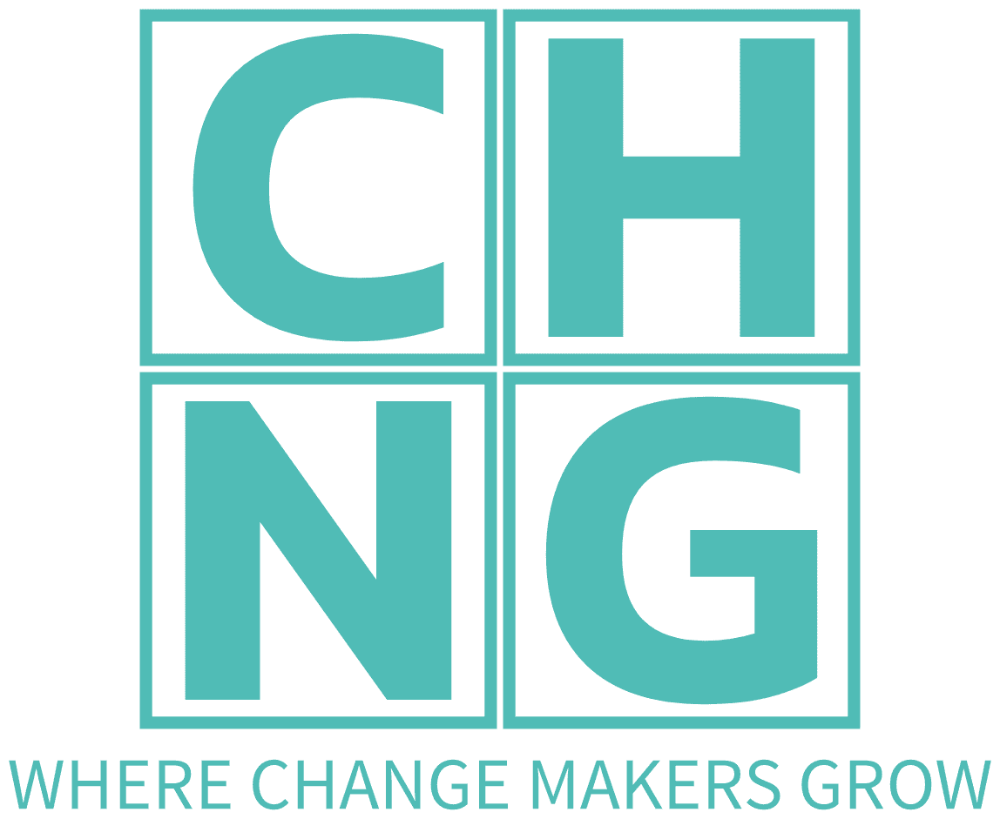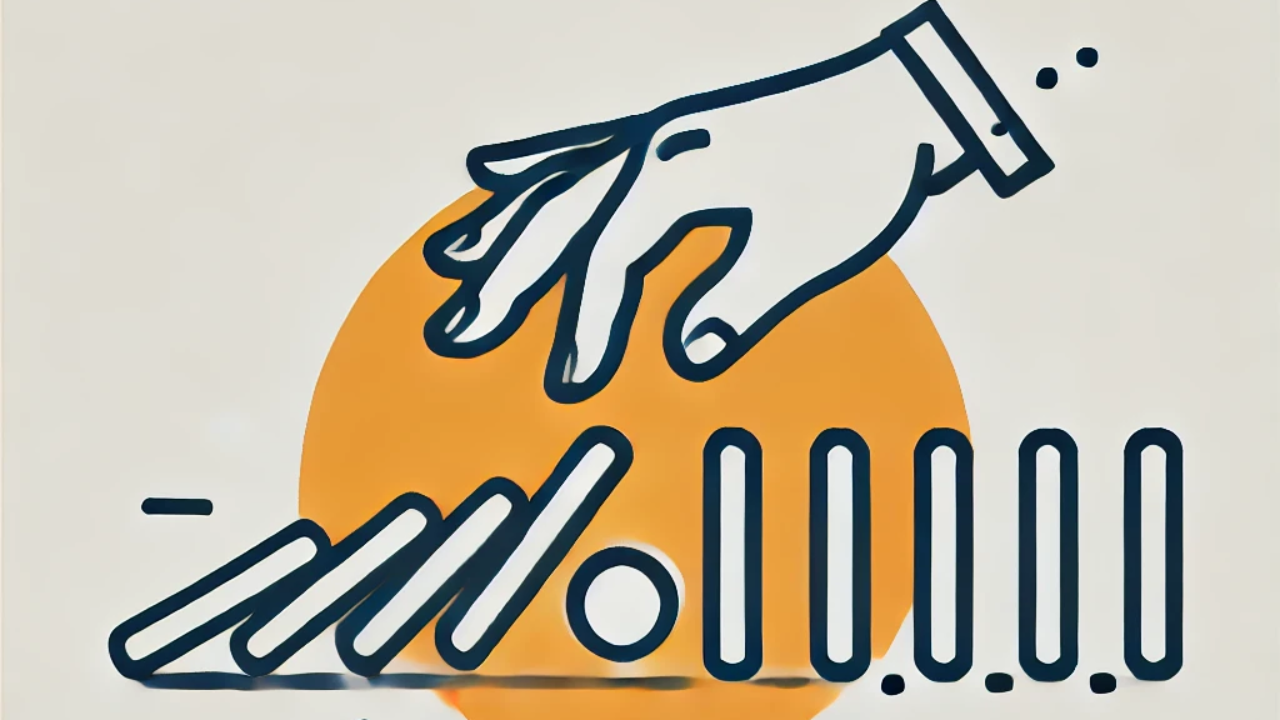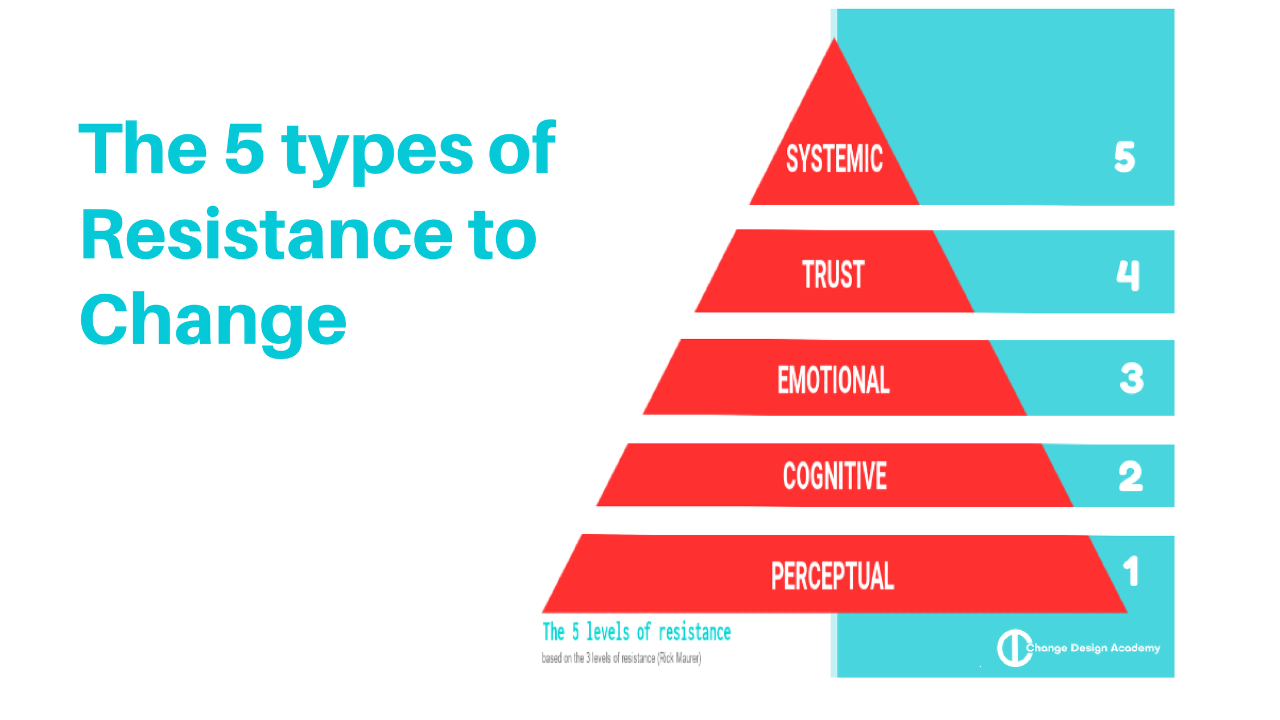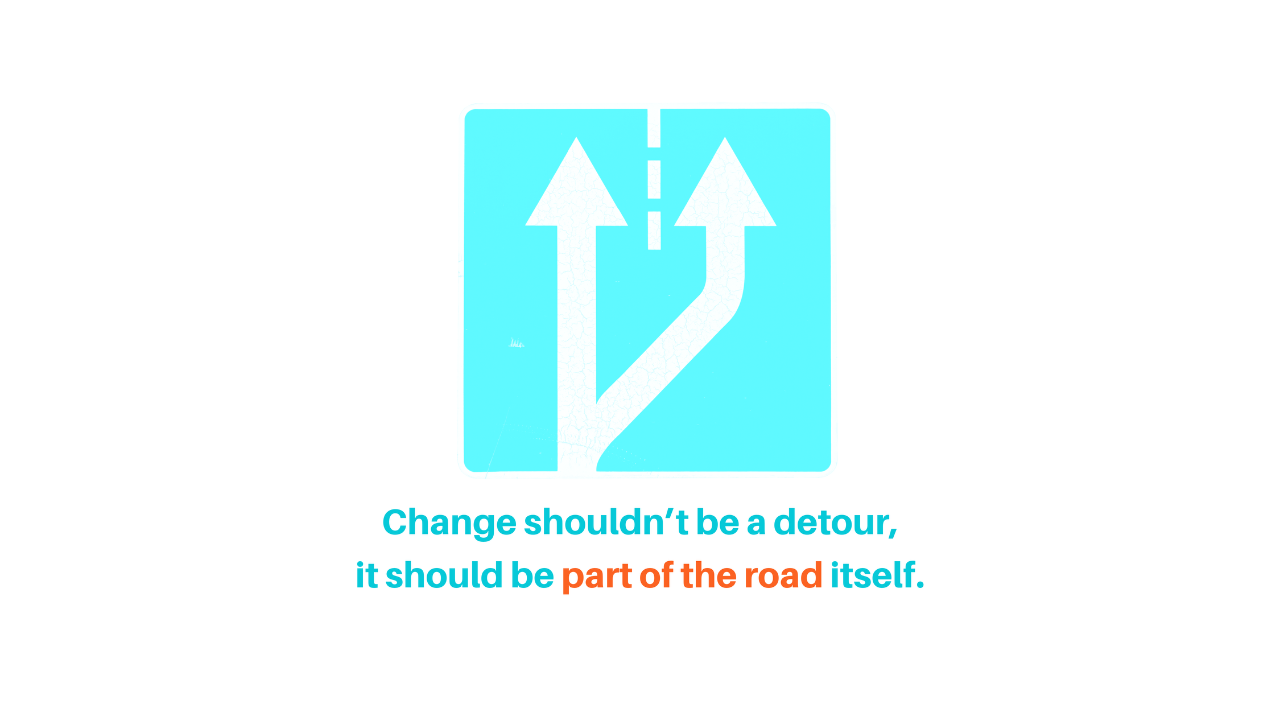Abonneer je op regelmatige tips voor change makers
Verandering voelt soms als een slechte sitcom. Je hebt een geweldig plan, maar dan:
🔄 Kijkt je team je aan alsof je hebt voorgesteld om elke maandag om 6 uur te vergaderen.
🔄 Je nieuwe tool wordt compleet genegeerd, terwijl je inbox ontploft met vragen over het oude systeem.
🔄 Iedereen knikt enth...
Wanneer een nieuwe softwareoplossing wordt geïntroduceerd, is de grote vraag: wie zorgt ervoor dat mensen het ook daadwerkelijk gebruiken? Is het de verantwoordelijkheid van de softwareontwikkelaar, de implementatiepartner of de klant die de software binnen de organisatie introduceert?
Het antwoor...
Managing change can feel like navigating a storm: stakeholders pulling in different directions, resistance building up, and priorities shifting constantly. Sound familiar?
The good news? Change doesn’t have to be chaotic. With the right structure, it becomes manageable, even exciting. That’s exac...
We weten allemaal dat verandering moeilijk is. Of het nu gaat om een nieuwe werkwijze, software-adoptie of een complete cultuurverandering, te vaak blijft het bij goede intenties en weinig resultaat. Maar waarom?
De harde waarheid: verandering mislukt meestal niet door gebrek aan motivatie, maar do...
Verandering implementeren in een organisatie is vaak een uitdaging. Je introduceert een nieuwe tool of werkwijze, organiseert trainingen, communiceert helder… en toch blijft de adoptie achter. Medewerkers vallen terug op oude gewoontes, vermijden de nieuwe workflow en de verandering stagneert.
W...
Over the years, we've worked extensively with Rick Maurer’s three levels of resistance:
-
“I Don’t Get It” – Cognitive resistance, where people struggle to understand the change.
-
“I Don’t Like It” – Emotional resistance, driven by fear, anxiety, or frustration.
-
“I Don’t Like You” – T...
Why do so many organizations attempt change, but so few succeed?
We’ve all heard the corporate promises: “We are a change-driven organization!” or “People are at the heart of our transformation!”, yet many initiatives fail somewhere between intention and reality.
Organizational change often do...
Rolling out a new IT system isn’t the finish line, it’s the starting point. Too often, companies invest millions in new software, complete the technical implementation, and call it a success. Fast-forward a year, and what happens? Low usage, frustrated employees, workarounds, and eventually… a quiet...
Self-control is often seen as the key to success. Whether it's healthy habits, sustainable behavior, or productivity improvements, the underlying assumption is that discipline and willpower are necessary to achieve long-term goals. But what if this classic approach is incomplete?
The study ‘Pleas...
Yesterday, I came across this quote by Lao Tzu: “Time is a created thing. To say ‘I don’t have time’ is like saying ‘I don’t want to’.”
Many busy people will strongly disagree, claiming they genuinely don’t have time. While that might sometimes be true, often it boils down to a lack of priority...
Have you ever invited someone you don’t particularly like to a party just because they invited you to theirs a few months earlier? That’s human nature. It’s the psychological principle of reciprocity at work—we feel compelled to return a favor.
Reciprocity is about balancing the scales: when someo...
What you create or invest effort in, you value more than what others create.
This is the IKEA Effect, named after the Swedish furniture retailer. Many people think IKEA is successful because of its affordability, but that’s just one part of its value proposition. The other important aspect is al...













